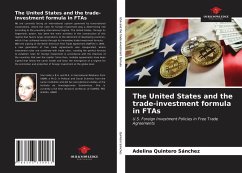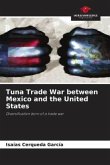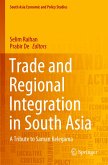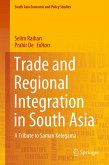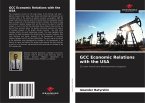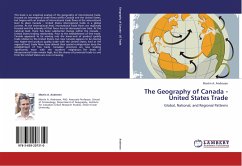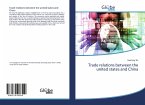We are currently facing an international system governed by transnational corporations, where the rules for foreign investment play a determining role according to the prevailing international regime. The United States, through its hegemonic power, has been the main architect in the construction of this regime that favors large corporations to the detriment of developing countries, which it has achieved mainly through its innovative trade-investment formula.With the signing of the North American Free Trade Agreement (NAFTA) in 1994, a new generation of free trade agreements was inaugurated, where investment rules are combined with trade rules, creating the perfect formula to establish rules for foreign investment in accordance with the interests of the countries that own the capital. Since then, multiple agreements have been signed that follow the same model and favor the emergence of a regime for the promotion and protection of foreign investment at the global level.
Hinweis: Dieser Artikel kann nur an eine deutsche Lieferadresse ausgeliefert werden.
Hinweis: Dieser Artikel kann nur an eine deutsche Lieferadresse ausgeliefert werden.

